What do you think of when you think of sustainability? Many people initially think about the impact on the environment not realizing the term “sustainability” refers to more than just a concern for the effects on the environment.
Sustainability and its impact on the asphalt industry was the basis of the 2022 Asphalt Institute Foundation (AIF) Star Symposium. The AIF conducts strategic research along with educational activities that advance and improve the asphalt industry.
The 2022 Strategic Asphalt Research Symposium (STAR) continued with the AIF’s commitment to improving the asphalt industry and held its second symposium May 16-18, to identify solutions for the betterment of the asphalt industry’s future.
During this STAR Symposium, several break-out sessions were held, and one session discussed specifically how five subtopics and sustainability can strategically affect the asphalt industry.
The subtopics include net neutral carbon, the impact of additives, recycled materials, cool roofs/communities, and emissions. These subtopics play an essential role in how the sustainability of asphalt materials affects the asphalt industry in the future.
As the industry continues to move toward a circular economy, the continued goals are to reduce energy consumption through production processes, reduce carbon, and increase the service life of the product.
Some of the options for achieving these goals include creating a low-carbon technology that is economically viable and standardizing the industry’s criteria for each product category and carbon accounting.
The Topic of Recycled Material
With asphalt being one of the most recycled products, new testing on asphalt additives that will be immune to manipulation will take asphalt even further.
Deficient performance and high unpredictability caused by employing too much recycled material will hold back this practice. In addition:
- legislative mandates before the technology are ready for deployment could be a significant challenge.
- Improving the performance of recycled materials and ensuring the optimum percent of recycled materials for use in projects are two objectives to address these challenges.
The recycled materials used in asphalt are not all the same, but they are very important to a sustainable economy.
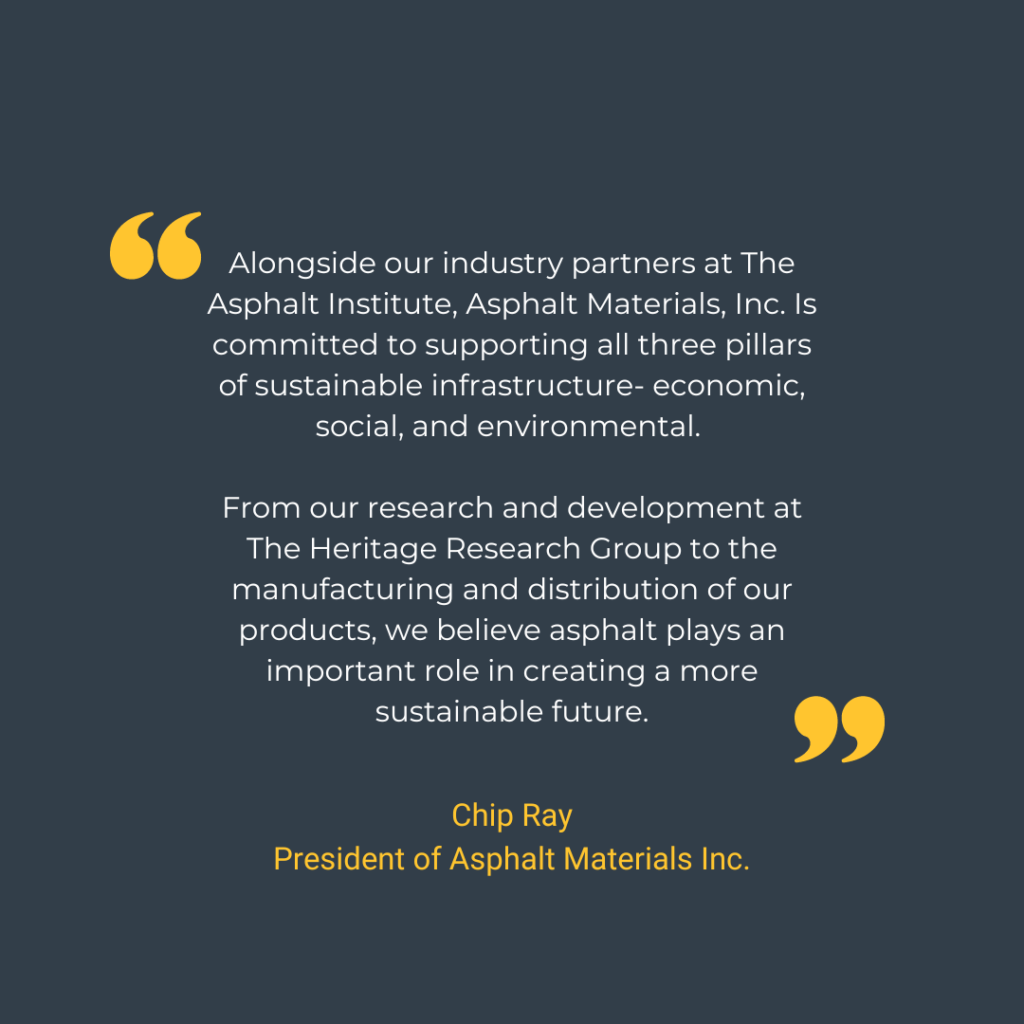
A Circular Economy:
A circular economy is a system that eliminates waste by using and re-using materials continuously. Asphalt starts as a bi-product and is used to create many of the roads we drive on, and when it is done correctly, it can last decades because of its durable nature. When the road needs to be reconstructed, the asphalt that is put down originally can be reused from recycled material. The benefits and advantages of reusing asphalt and how it contributes to the circular economy are significant.
“Asphalt pavement itself is the most recycled product in the world. That is because such a high percentage of materials that are removed from roads during reconstruction are reused back in future road construction projects” states Megan Yount, a Pavement Material Engineer at The Heritage Group.
This is known as a circular economy, as asphalt pavement that is used and needs to eventually be removed, will be sent back to plants to be upcycled and reused for future projects. In addition, the recycling process of asphalt pavement saves both money and material.
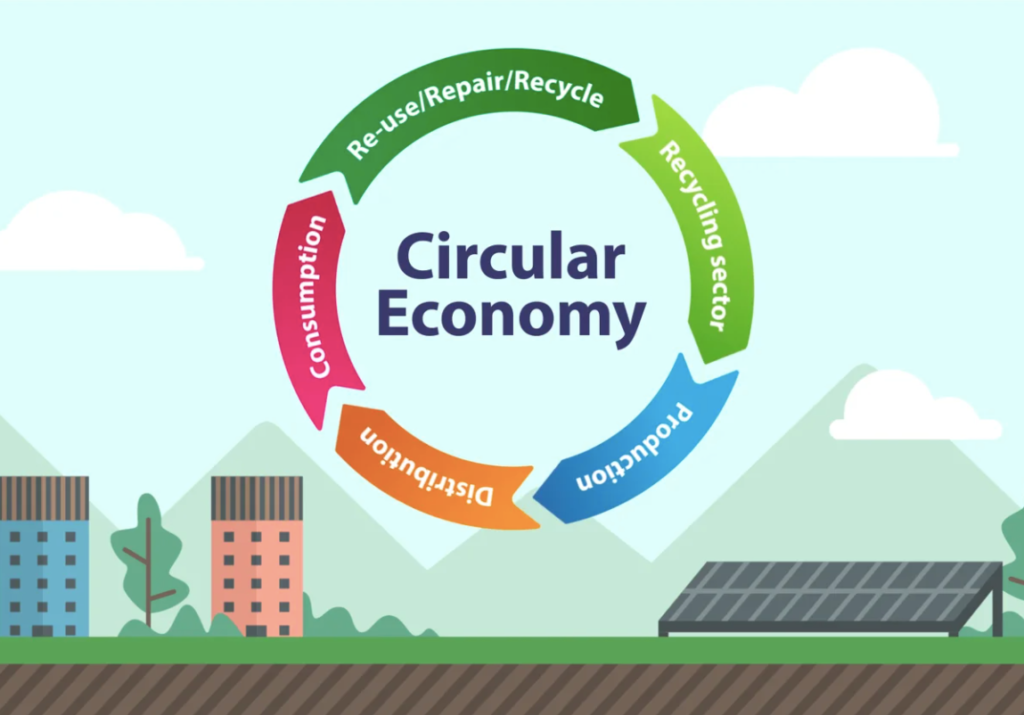
In the end, there are several factors that impact how well, how efficient a circular economy operates. From the STAR symposium report, our industry can identify enhancements in each area that will continue to improve and move the asphalt industry forward. Additionally, we can set goals on how to better not only the asphalt industry but also be a major contributor to our economy as we continue to build a more sustainable world.
To learn more about Environmental Sustainability and other insightful information from The Asphalt Foundation, please visit:
https://www.asphaltfoundation.org/wp-content/uploads/2022_AIF_STAR_Report.pdf
Editors Notes:
Net Neutral Carbon: When carbon dioxide emissions are balanced with emission removal, a state of net-zero carbon dioxide emissions is reached.

Impact of Asphalt Additives: Chemicals called asphalt additives are added to asphalt to strengthen and more frequently form chemical bonds with aggregate, as well as to enhance the aggregate coating.
Recycled Materials: Recycled Asphalt Pavement is removing the top layer of asphalt from a roadway, parking lot, or driveway without affecting the sub-base and hot mix asphalt is frequently made with recycled asphalt shingles as one of its constituent parts.

Cool Roofs/Communities: A roof that is designed to reflect more sunlight than a typical roof is called a cool roof. It absorbs less light and makes more use of solar power. This will support communities’ efforts to maintain more sustainable environments.
Emissions/Odors: Airborne contaminants at concentrations below the defined toxicity thresholds are the source of odor emissions


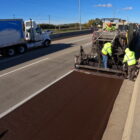


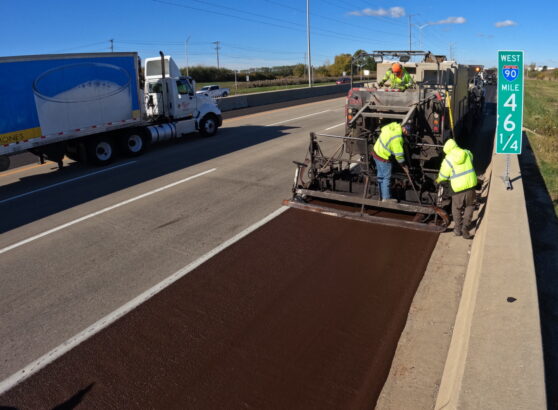

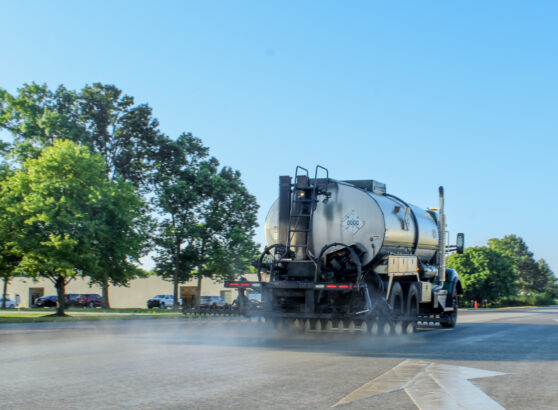
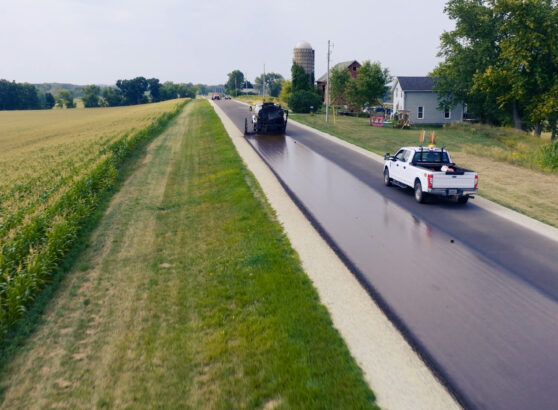


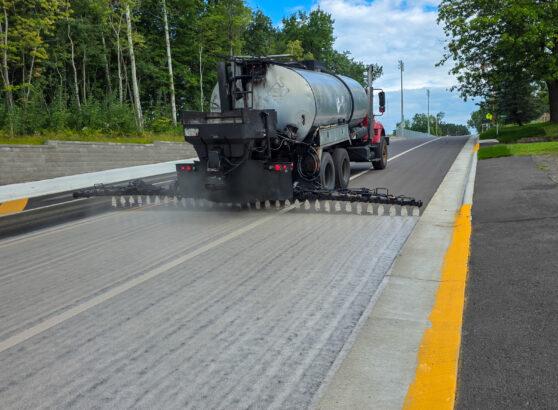







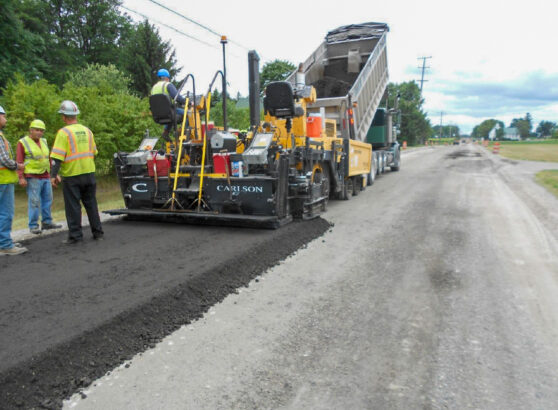

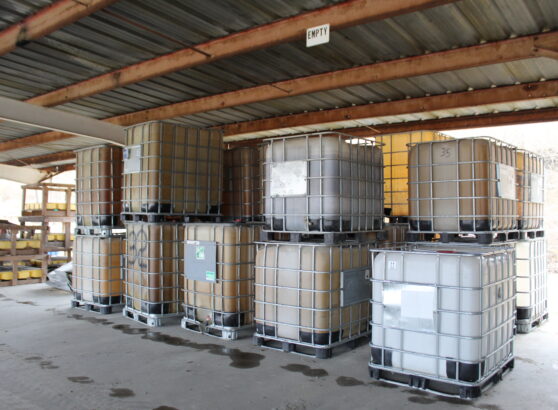
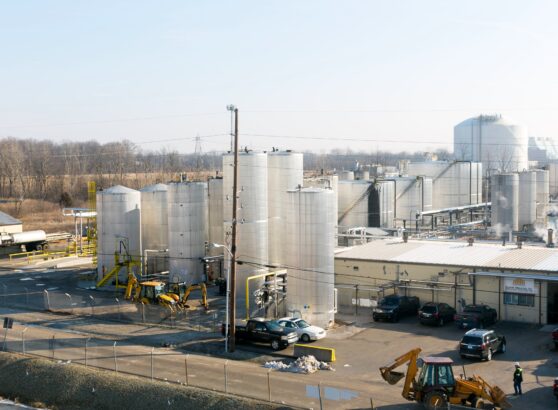
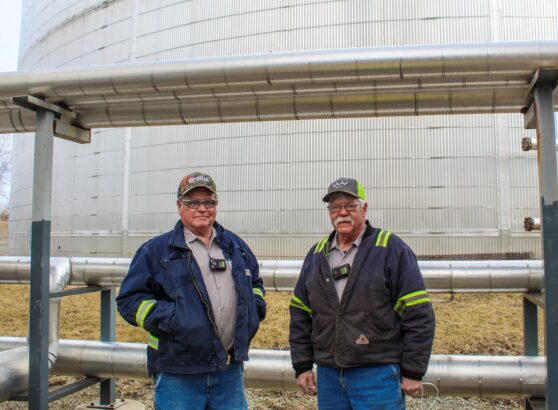




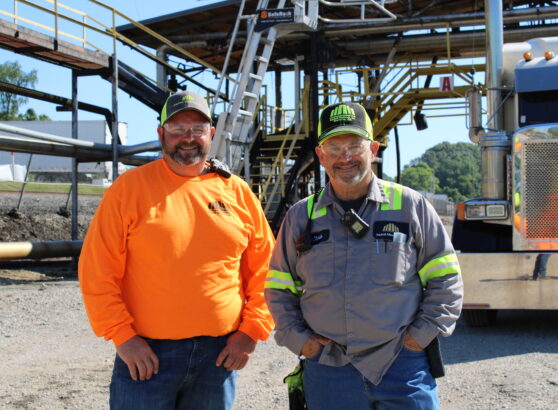


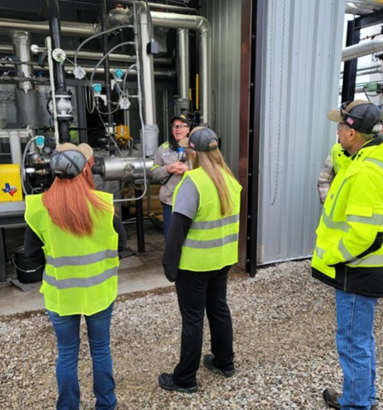















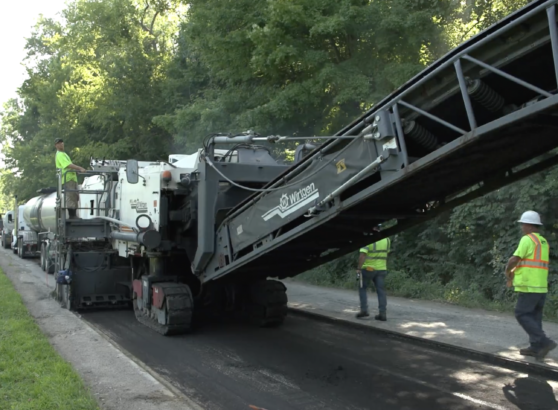













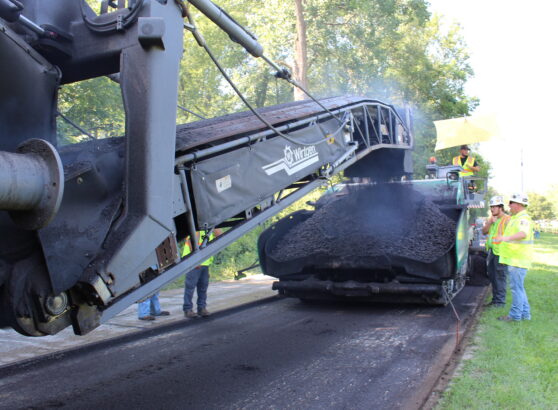

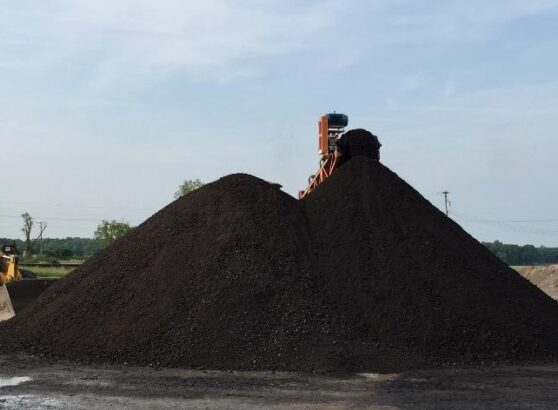








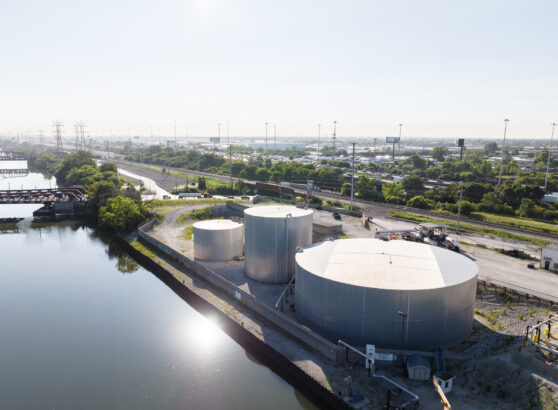







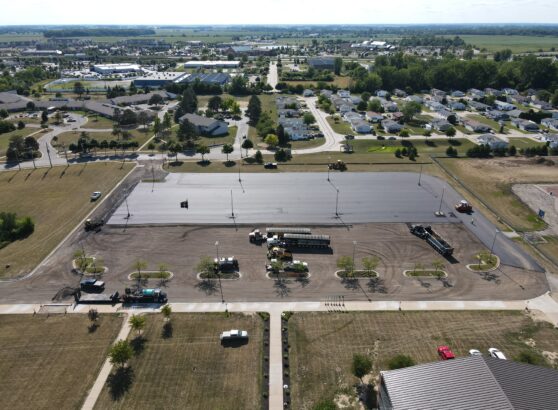





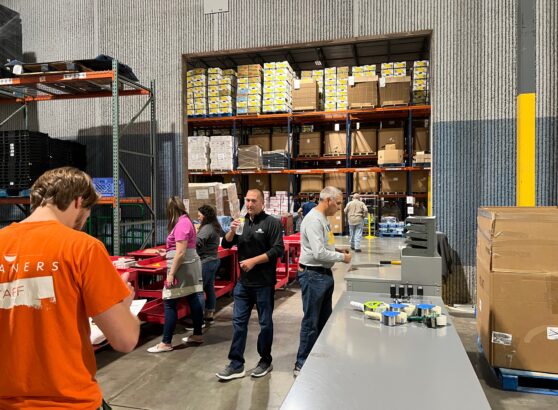


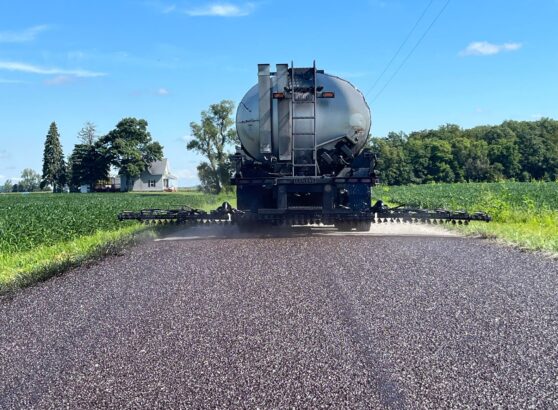




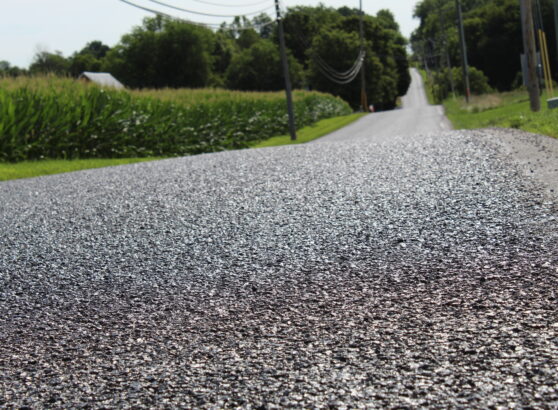
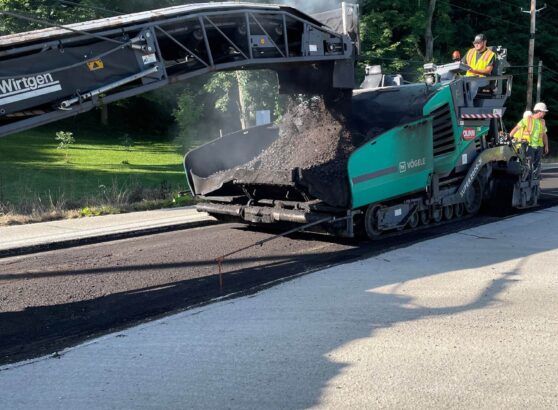


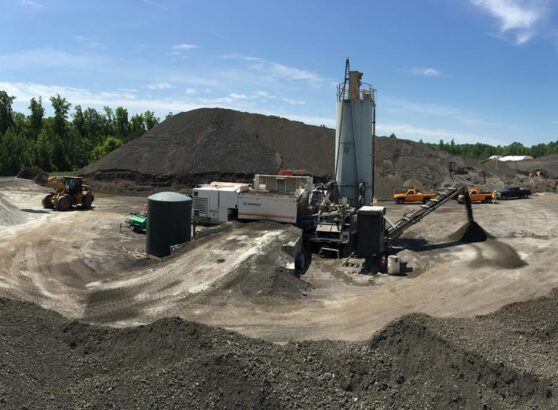






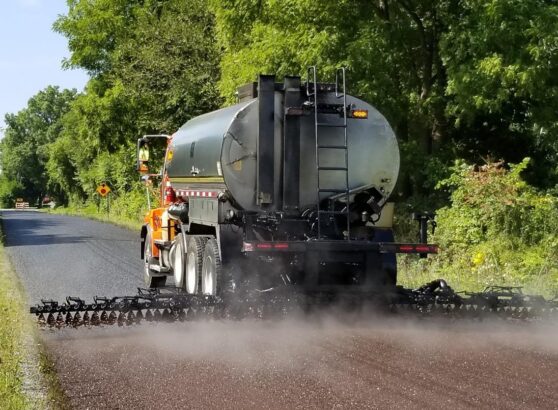

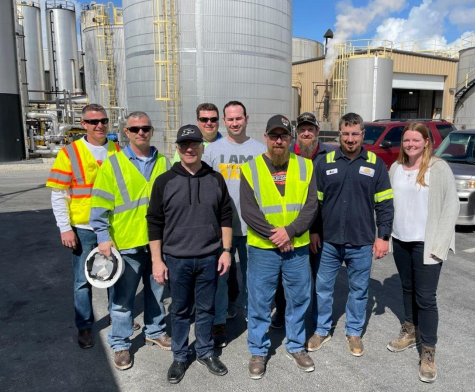


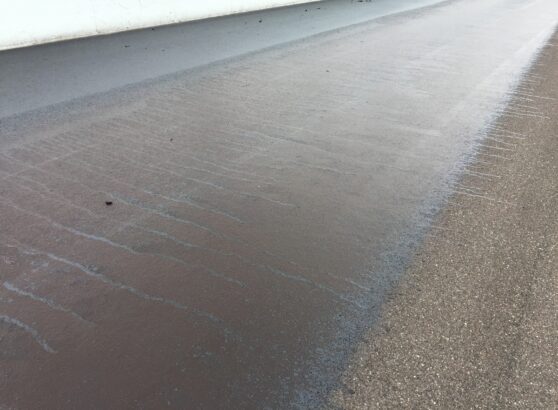




















Recent Comments